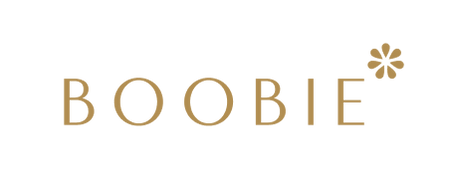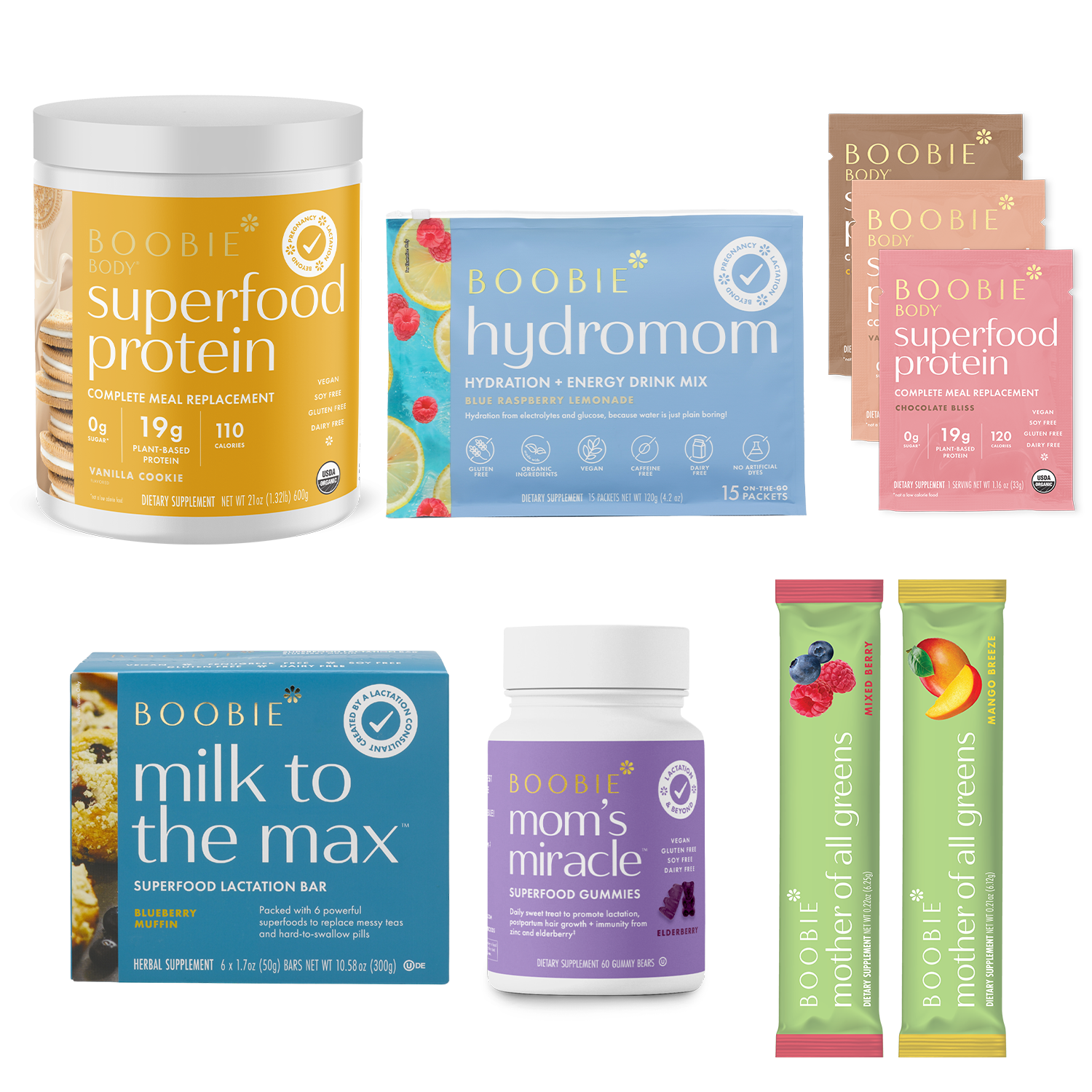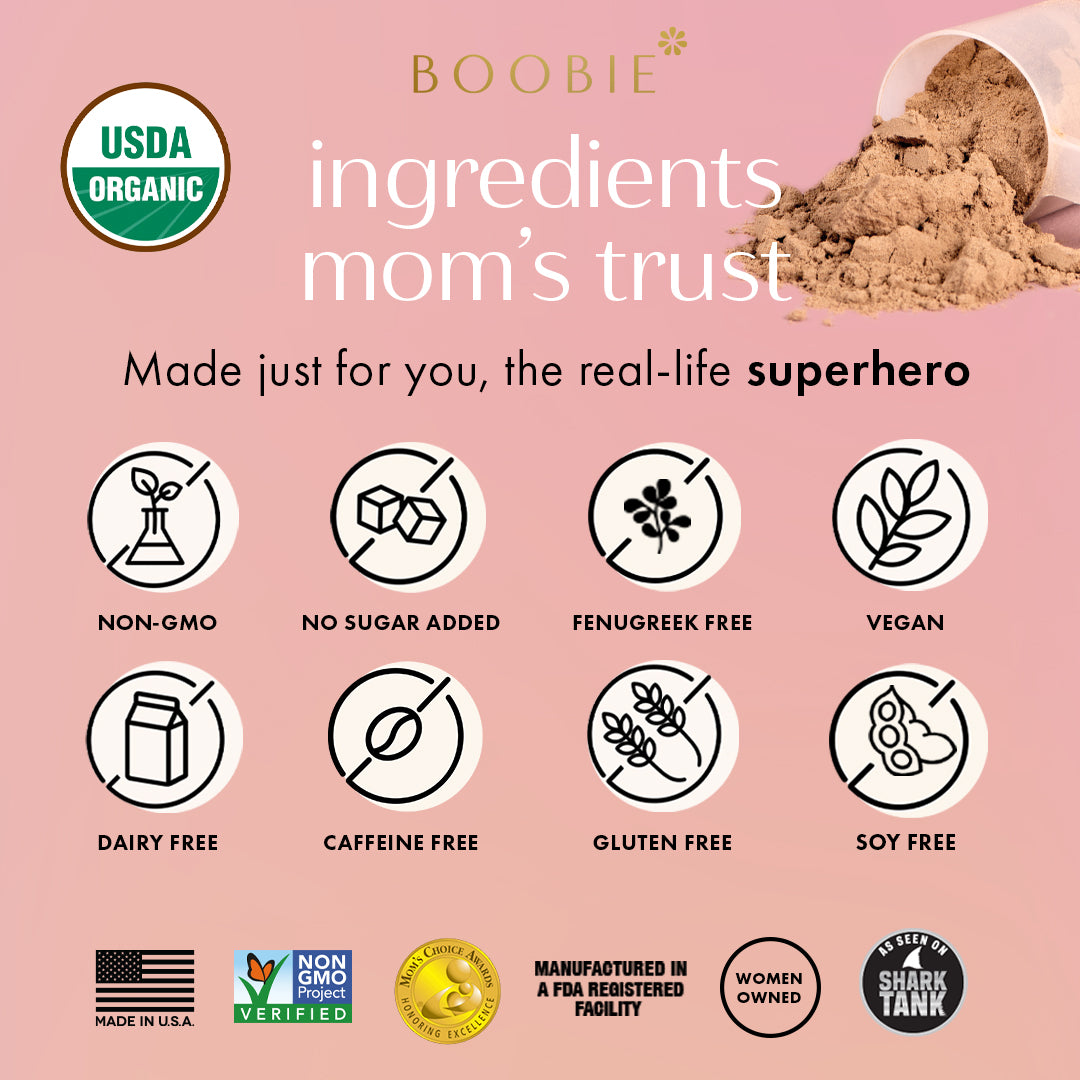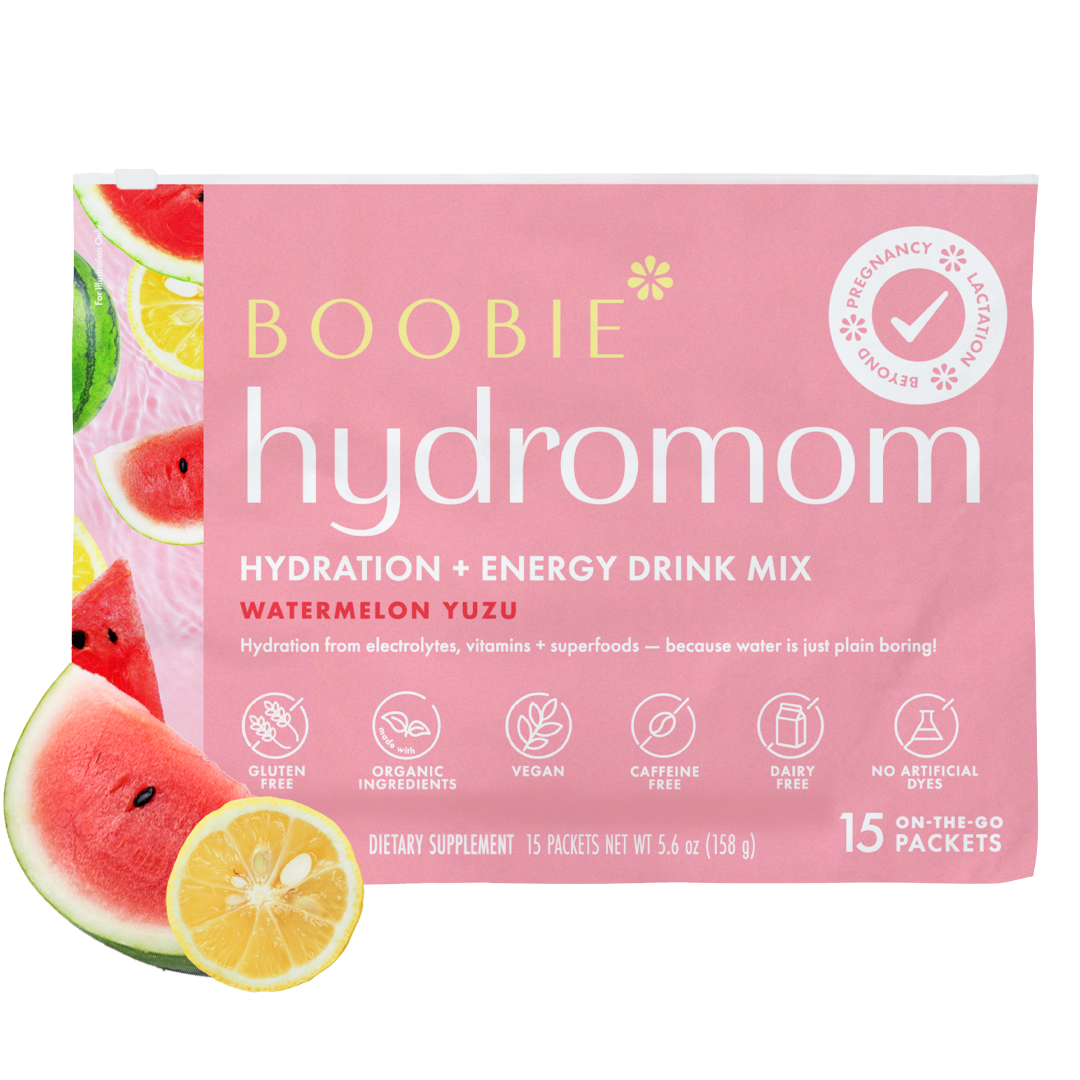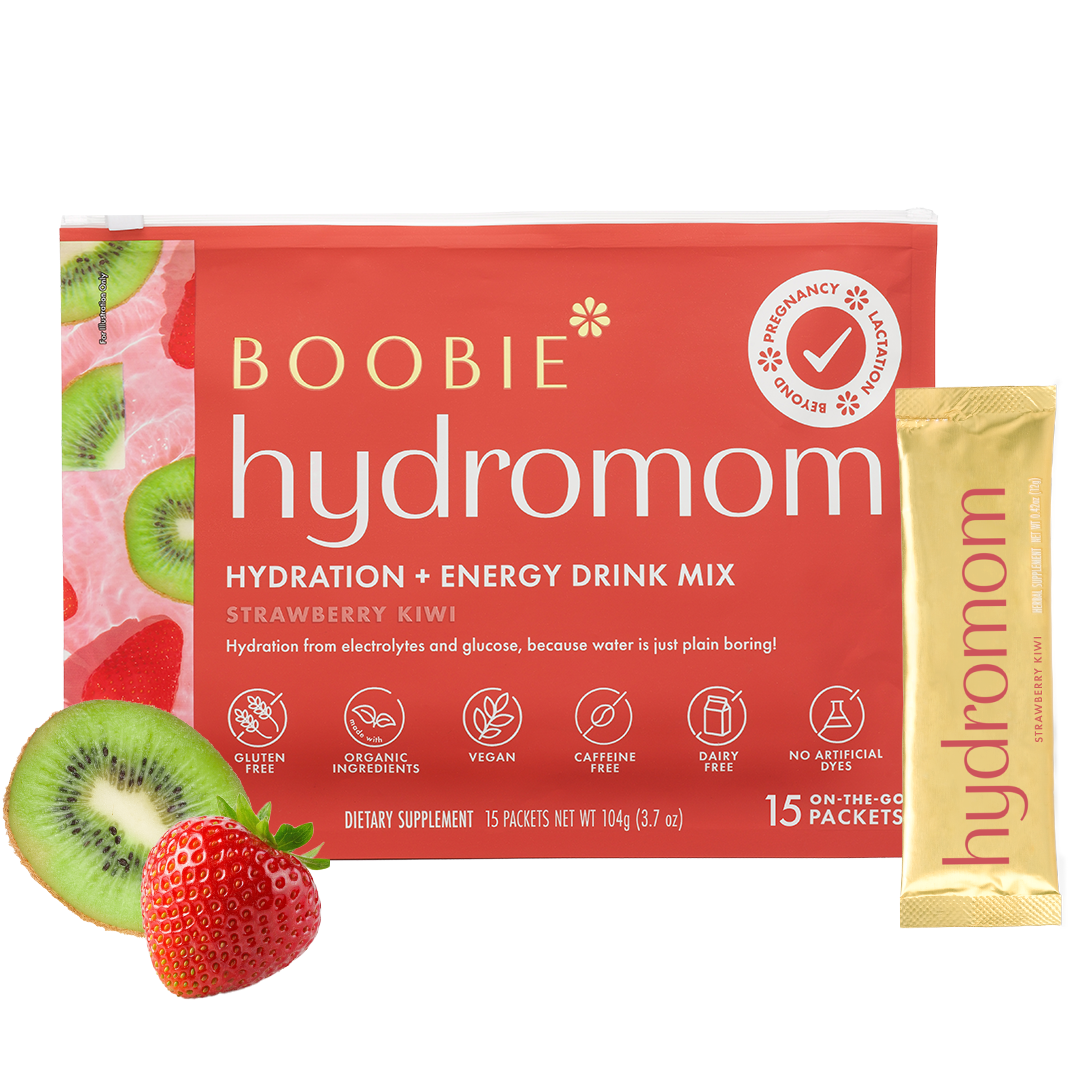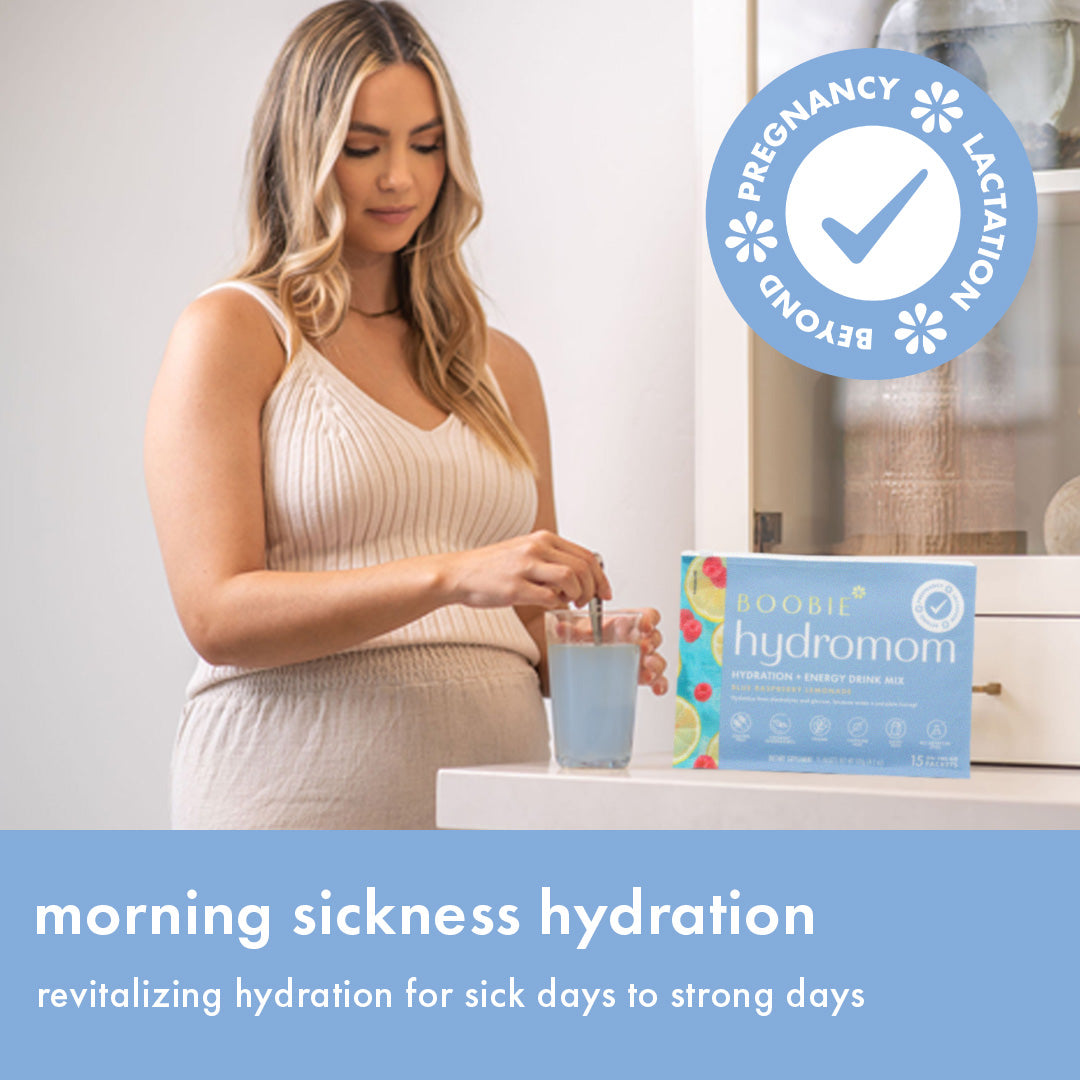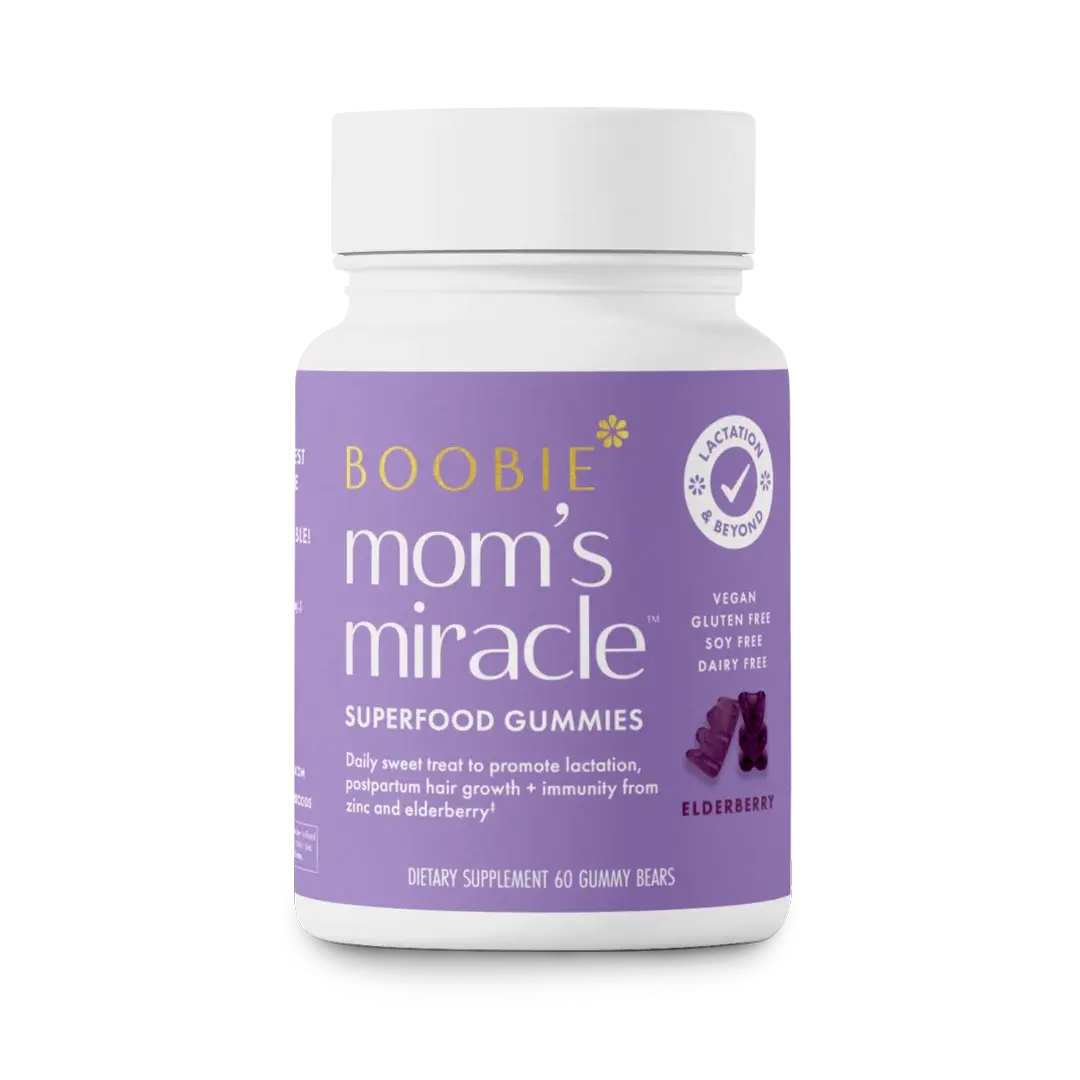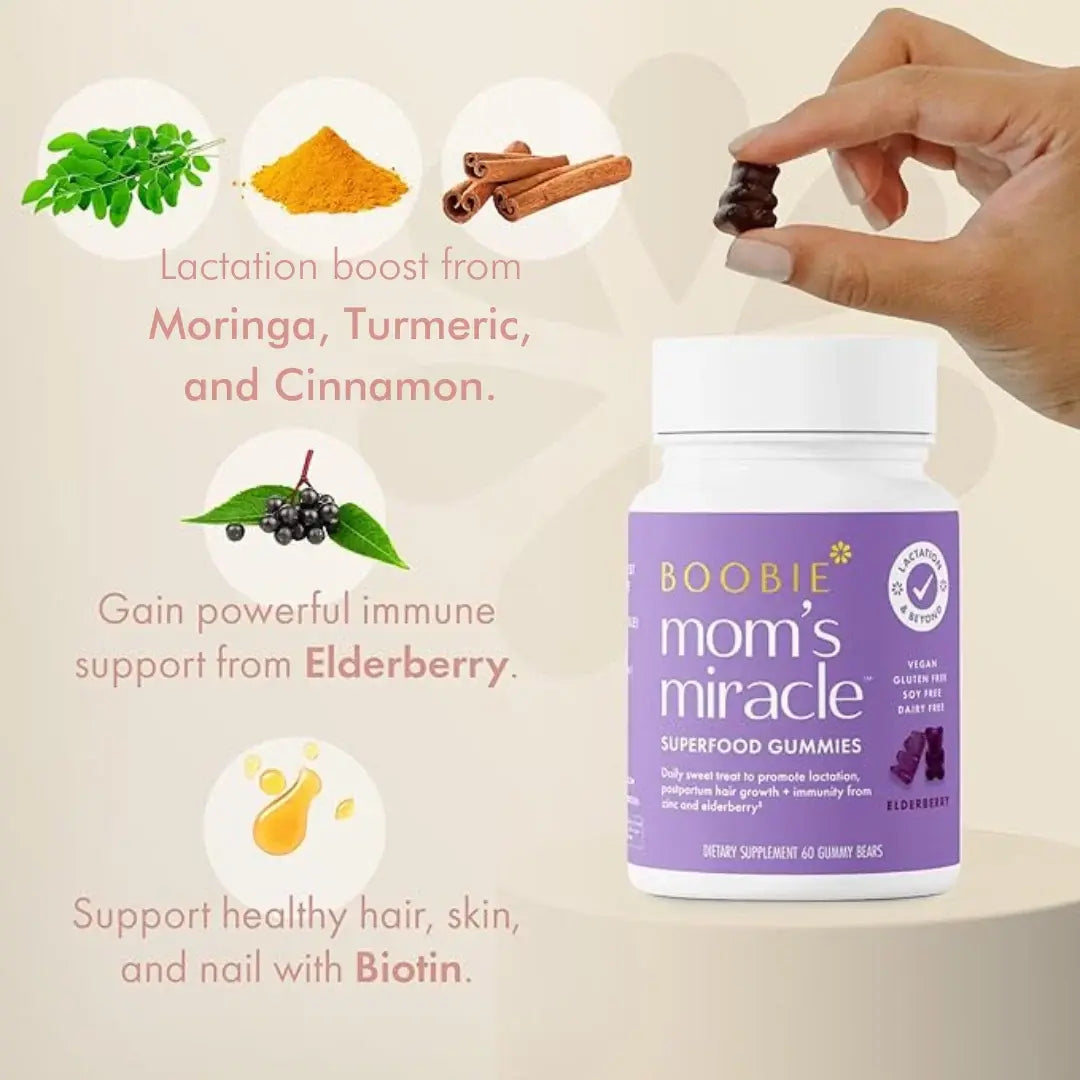By Wendy Colson RN, IBCLC, RLC
Did you know, under federal law, private health insurance covers private prenatal lactation consultations (with no copay!). So what are you waiting for??
5 More Reasons About Why You Might Need a Prenatal Consult:
-
You Struggled to Meet Your Breastfeeding Goals Before
Most likely you could use more support round 2 if you have struggled to meet your breastfeeding goal with your previous baby. Maybe you struggled to manage your milk supply, get a comfortable latch or felt unsupported. Whatever the case, working with your IBCLC can help you reassess your goals in the here and now. Trust me, I know you want to have already met your perfect lactation consultant (you may have to meet 2-3 to find the one that jives with you) and have a plan in place before the baby arrives. Please, do not give up on your goal to breastfeed if you have a history of breastfeeding issues. We promise things can be different with the right support. IBCLCs, like myself, have lots of tricks from our years of experience and we look forward to getting an early start to negate any risk this time around.
-
You’ve Got More Than One Baby on the Way
More than one baby on the way means more to love and more to feed! Multiples can often arrive early and need more support with feeding reflexes as they begin breastfeeding. Your IBCLC can provide twin breastfeeding tricks such as tandem feeding (feeding both at once), alternating feedings (feeding one baby then the next), working on supply concerns and developing an “inclusive” feeding strategy (such as a combination of pumping, supplementing as you manage life with multiples!)
-
You Have a History of Breast Surgeries
Different breast procedures - like breast reduction or implants - have different impacts on lactation. Despite myths that say you cannot breastfeed with this history, the truth is it comes down to a variety of details about the type of procedure, how long ago the procedure was and why the procedure was done. While it’s common to choose breast implants for aesthetics, if you get implants due to underdeveloped (hypoplastic) breasts you may need to determine a feeding plan that can help meet your breastfeeding goals since there may be less breast tissue.
-
You Take Certain Medications or Have Health Conditions
Common over the counter medications such as Sudafed, some birth control pills and chronic use of antihistamines like Claritin or Benadryl, can impact milk production. While many of these medications can be compatible with breastfeeding, checking the frequency of use and active ingredients is essential. Some health conditions such as polycystic ovarian syndrome (PCOS), endocrine conditions and infertility can impact hormones and have the potential to impact your milk supply. Your IBCLC will be able to review your medications with current guidelines to help set and manage breastfeeding expectations.
-
You Will be Tandem Feeding
Feeding one baby is a feat in and of itself, but more than one? Whew! You are going to need more tools in your toolbox! Breastfeeding another baby during pregnancy and then with a newborn can come with sensitivity and potentially some soreness, but it can be done with support and strategy.
What Else Can You Expect?
Your consultant will take a thorough history, discuss your goals and address any questions and concerns you have about breastfeeding. Some other topics that might include:
- How breastmilk is produced
- How mom can stay properly nourished and hydrated
- Baby’s cues before, during, and after feeding
- Benefits of skin-to-skin contact
- How to know if your baby is getting enough milk
- How and when to use your breast pump
- How to manually express milk before baby comes
- How your partner and family can support you and also bond with the baby
- Custom care plans which include supplementing via finger feedings & SNS (tube and syringe)
Prenatal consultations can start at any time through pregnancy, but I recommend you call your local IBCLC between 30-34 weeks since many babies are born early. Whether this is your first pregnancy or your fifth, it’s never too late to see an IBCLC and get the support you deserve. You’ve got this mama!
